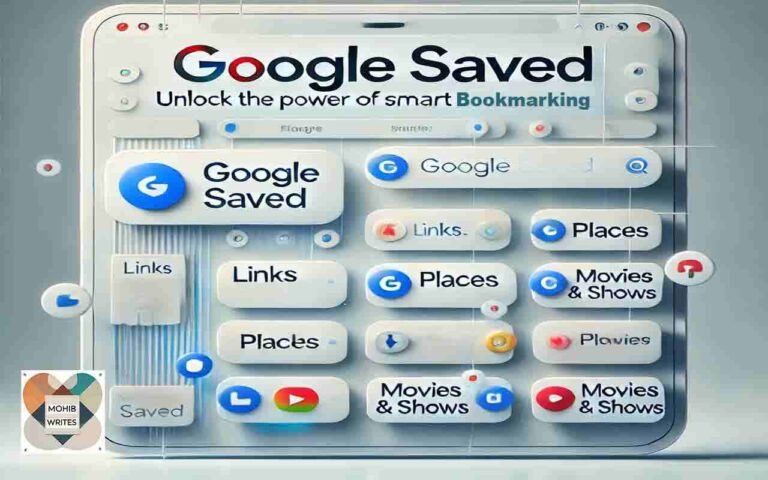If you’re looking for an affordable and efficient laptop, you might be considering a Chromebook. These devices are designed to meet the needs of everyday users, especially students and those with light computing tasks. However, before making the switch from traditional laptops like those running Windows or macOS, it’s important to understand both the advantages and disadvantages of owning a Chromebook. In this article, we’ll explore the pros and cons of owning a Chromebook to help you make an informed decision.
Pros of Owning a Chromebook
1. Affordability
One of the biggest selling points of Chromebooks is their affordability. Unlike more expensive Windows or Mac laptops, Chromebooks provide a budget-friendly alternative without sacrificing essential functionality. You can find affordable Chromebooks ranging from $200 to $300, which makes them a great option for people on a budget. Whether you’re a student, casual user, or need a secondary laptop for light tasks, a cheap Chromebook can meet your needs without breaking the bank.
2. Simplicity
Google designed ChromeOS, the lightweight operating system on Chromebooks, to be simple and easy to use. Unlike Windows or macOS, which come with a variety of complex settings and configurations, ChromeOS keeps things minimal. This simplicity is a huge advantage for users who don’t want to deal with complicated system updates or maintenance. With ChromeOS, you’ll have fewer distractions and fewer chances for things to go wrong.
3. Security
Security is another key benefit of Chromebooks. ChromeOS includes strong security features, such as sandboxing for websites and apps, along with automatic updates that keep the system protected. With a defense-in-depth approach, Chromebooks help protect you from malware and unauthorized access. The system implements these security features from the ground up, so you don’t have to configure complex security settings manually. Whether you’re browsing the web or handling sensitive data, your Chromebook will help keep you safe.
4. Long Battery Life
Chromebooks are known for their impressive battery life. Many models can easily last a full workday on a single charge, making them perfect for long study sessions, travel, or work without the need to plug in. Even though other laptops have improved their battery life, Chromebooks still stand out in this area, especially in the affordable price range. If you need a laptop with great battery endurance, a Chromebook could be the ideal choice for you.
5. Durability
Chromebooks are generally durable, especially those designed for the education sector. Manufacturers design these laptops to withstand daily wear and tear, making them ideal for younger users or those who need a rugged laptop for frequent travel. Some Chromebooks feature reinforced bodies and spill-resistant keyboards, allowing them to handle more physical abuse than typical laptops. If you’re looking for a tough laptop that can endure drops and rough conditions, a Chromebook is a great option.
Cons of Owning a Chromebook
1. Limited Offline Usability
In the early days of Chromebooks, their functionality was mostly dependent on an internet connection. While this is still the case to some extent, Chromebooks have evolved to allow for more offline use. You can access certain apps, check email, and even watch downloaded content without an internet connection. However, the Chromebook experience is still cloud-first, meaning that if you rely heavily on offline productivity, a Chromebook may not be the best choice for you.
2. Limited Software Options
Another significant downside is the limited software options available on ChromeOS. Although Chromebooks can run apps from Google Play, the selection is still relatively small compared to Windows or macOS. If you need specific software for work, study, or creative projects, you may run into compatibility issues. While some apps are available as web apps, others, especially traditional desktop software, aren’t supported on Chromebooks.
3. Not Much Gaming
If you’re looking for a laptop that can handle gaming, a Chromebook might not be the best choice. While you can play browser-based games or use game streaming services like Stadia, Chromebooks don’t support most gaming titles, especially high-end games. There is a workaround where you can install Linux and use it to play Steam games, but this requires additional technical knowledge. In general, Chromebooks are not intended to be gaming machines.
4. Tied to Google
Chromebooks are deeply integrated with Google’s ecosystem, which means that you’re essentially tied to services like Google Drive, Google Docs, and Gmail. While this can be convenient for people who already use these services, it may feel restrictive if you prefer other platforms. If you want to install third-party software or use a non-Google service, you may run into some challenges. Chromebooks are built to work best with Google services, so be sure you’re comfortable with this before purchasing one.
5. Not for Heavy Multitasking
For users who require heavy multitasking or need to run several apps at once, Chromebooks may not be the best option. Although there are some high-end models that can handle basic multitasking, budget Chromebooks struggle with running multiple apps or browser tabs simultaneously. If your workflow depends on running resource-intensive applications, a more powerful laptop running Windows or macOS might be a better fit.
Stop Paying for Google Drive Storage: 7 Easy Ways to Reclaim Your Space for Free
Is a Chromebook Right for You?
Chromebooks have certainly carved out a strong niche in the laptop market, offering a cost-effective, simple, and secure alternative to more traditional laptops. However, they’re not for everyone. A Chromebook suits you best if you prefer Google’s ecosystem, rely on web-based apps, and don’t need a laptop for heavy gaming or multitasking. On the other hand, if you require a wider range of software options, need strong offline functionality, or expect to do a lot of multitasking, you might want to look into other laptop options.
Ultimately, it all comes down to your needs and how you plan to use the laptop. Weighing the pros and cons of owning a Chromebook can help you make the right decision. If you’re looking for a budget laptop with long battery life and good security, a Chromebook could be a great choice for you.
Unlock the Hidden Potential of Google Saved: The Secret Bookmarking Feature You Need to Know About
Conclusion: Make an Informed Choice
Owning a Chromebook comes with both pros and cons, and it’s important to carefully consider whether its strengths align with your computing needs. With its affordable price, simplicity, security features, and impressive battery life, Chromebooks are a great choice for users who primarily need basic functions. However, if you require more offline usability, a larger selection of software, or a better gaming experience, a Chromebook may not meet your expectations.
Take the time to weigh the advantages and limitations before making your decision, and you’ll find the perfect device that fits your lifestyle.







